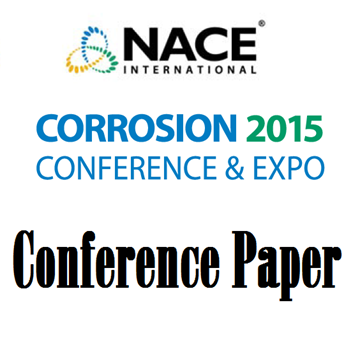Search
51315-6027-Beneficial Effect of Oil on Corrosion Inhibition at Elevated Temperatures
Also Purchased
51315-6050-Conservatism in Sour Testing with Hydrogen Sulfide Partial Pressure Exposures—Towards a More Consistent Approach
Product Number:
51315-6050-SG
ISBN:
6050 2015 CP
Publication Date:
2015
$0.00
51315-6060-Corrosion Behaviors of Carbon Steel C1010 and Stainless Steel 304 in the Presence of Iron Oxidizing Bacteria Acidithiobacillus Ferrooxidans
Product Number:
51315-6060-SG
ISBN:
6060 2015 CP
Publication Date:
2015
$0.00
51315-6022-Proposed External Corrosion DIrect Assessment Methodology Modification Based on a Case of Study of 110Km Buried Pipeline
Product Number:
51315-6022-SG
ISBN:
6022 2015 CP
Publication Date:
2015
$20.00




